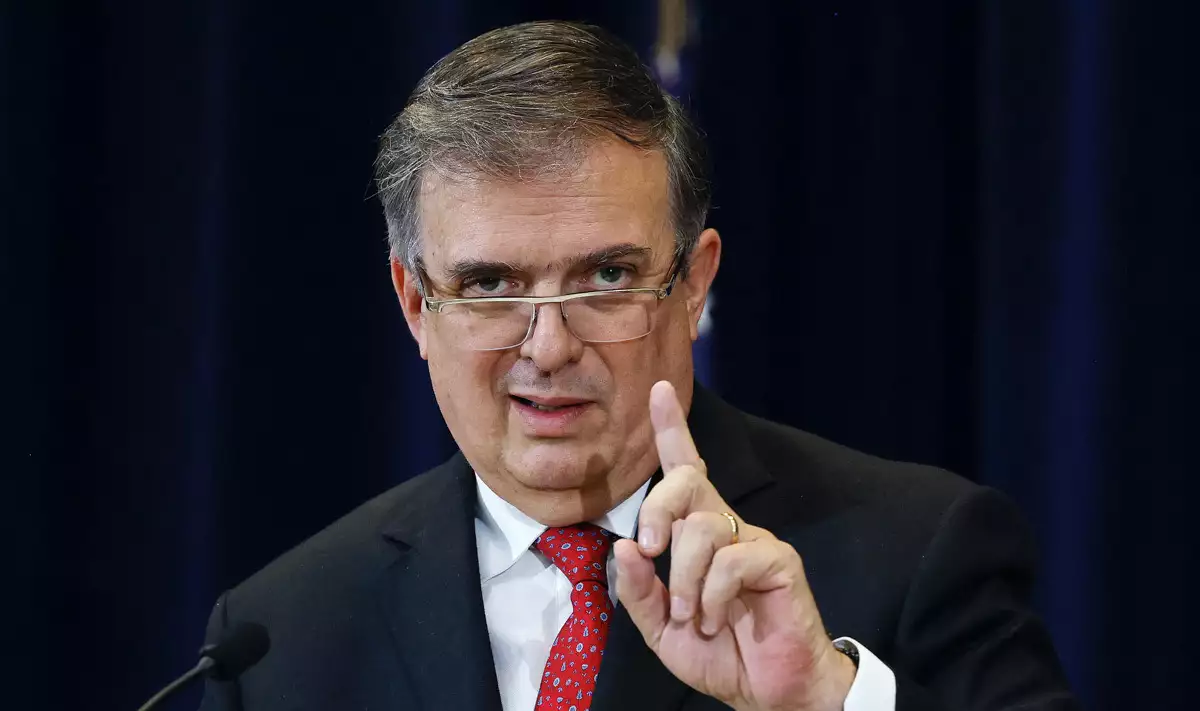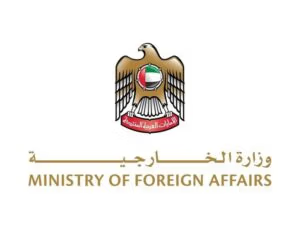In an interview with Radio Formula on November 11, Marcelo Ebrard, Mexico’s Minister of Economy, issued a stern warning to the United States: Mexico could impose its own tariffs on US imports if the Trump administration reinstates trade barriers on Mexican goods. Ebrard’s comments highlight the ongoing tension between the two countries and raise concerns about the potential impact on the North American economy.
Ebrard’s remarks came in response to threats made by former President Donald Trump during his first term. Trump had previously threatened to impose a 25% tariff on Mexican goods, using the measure as leverage in trade negotiations, particularly to secure concessions from Mexico on immigration enforcement. This move had sparked fears of a trade war, which could have far-reaching consequences for both countries.
During the interview, Ebrard reflected on Trump’s threats and the potential fallout from such policies, emphasizing Mexico’s right to retaliate. “If you put 25% tariffs on me, I have to react with tariffs,” Ebrard said. The Minister of Economy pointed out that imposing tariffs would not only hurt Mexican exports but could also have devastating effects on the broader North American economy.
Ebrard warned that such trade restrictions would likely lead to inflationary pressures in the US, impacting consumers and businesses alike. “If you apply tariffs, we’ll have to apply tariffs. And what does that bring you? A gigantic cost for the North American economy,” he added. According to Ebrard, the Mexican government would not hesitate to take similar action, aiming to protect its own economy while responding to what it views as an unfair trade tactic.
The Minister of Economy also stressed that imposing tariffs would create significant limitations, both economically and politically. He described the situation as an “important limitation,” indicating that it would be in both countries’ best interests to avoid escalating the trade dispute further. “A head-to-head trade hassle” would only harm both economies, Ebrard argued, urging diplomatic measures to address the underlying issues rather than relying on punitive tariffs.
Ebrard’s comments underscore Mexico’s commitment to safeguarding its economic interests and fostering stable trade relations with the US. While Mexico has repeatedly indicated its willingness to engage in negotiations, the threat of tariffs looms large, potentially jeopardizing the well-being of both nations.
As the US enters a new presidential term, the potential for renewed tensions over trade policy remains a significant concern. Whether or not the US moves forward with such measures, the exchange highlights the vulnerability of the North American economy to disruptions in trade relations.
The prospect of renewed tariffs and retaliatory measures underscores the fragile nature of trade relations between the US and Mexico. As both sides navigate the complexities of international trade, it’s clear that the threat of tariffs could have far-reaching consequences for both countries. Ebrard’s comments serve as a reminder that trade policies, particularly those that rely on punitive measures, could lead to significant economic costs, ultimately harming the broader North American market.






